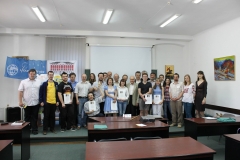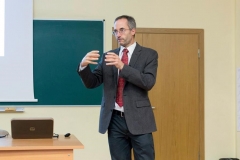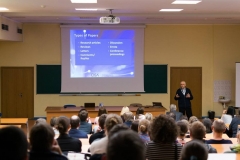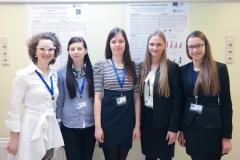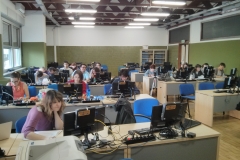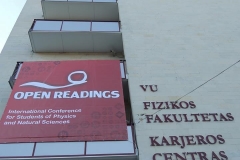The Budapest YM Section took part in organizing a Conference to Hungarian PHD students.
The DOFFI Conference gave Physics PhD students from Hungary a chance to present their research and in return, gain an insight about the work being carried out by fellow students. Through a relaxed and friendly environment, it also gave attendees a chance to network with academics and students to create and strengthen professional relationships.
The threeday event (11-14 June 2015) was split into sessions which were chaired by top Hungarian academics in the field. Student presenters of the sessions had the opportunity to receive feedback from an assigned discussant and the audience. The sessions were organized as the following:
A presenter gave a presentation of their own paper (20 minutes).
A discussant gave a short critical analysis of the presenter’s work (5 minutes). A session led by a session leader followed (10 Minutes).
All of the audience was given the opportunity to present their work in a poster. This took place during the whole of the conference.
The PHD students also participated in daily plenary lectures with current research topics (for example gravity waves or the HiggsBoson).
Several physicist employing companies presented themselves to offer different jobs. We organised a forum discussions on issues affecting the physicist community.
We hope that the participant learned a lot, and got to know each other.
Webpage with abstracts, pictures and program:
http://doffi.elte.hu/
[nggallery id=27]

